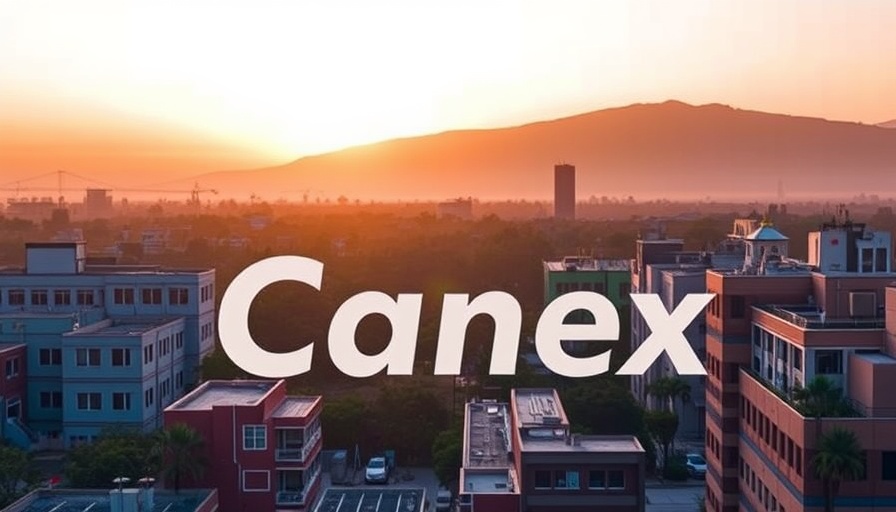
A New Dawn for African Creators
A quiet revolution is reshaping the creative landscape across Africa, particularly in vibrant cities like Lagos, Nairobi, and Cape Town. For too long, the continent's rich cultural gifts have flowed outwards, enriching foreign markets while leaving local artists struggling for recognition and financial stability. The Creative African Nexus (Canex) aims to turn the tide with a groundbreaking $2 billion initiative designed to build a robust creative economy in Africa.
Why Africa's Creative Economy Needs to Stay Home
Currently generating $4.2 billion per year, Africa’s creative economy holds the potential to soar to over $15 billion, contingent on establishing a sustainable business environment. This aligns with the sentiments expressed by Temwa Gondwe, Creative Director at Canex, who emphasizes that while Africa's creative output is immense, the strategies to commercialize and monetize this talent lag significantly. The cycle of exporting raw cultural products only to re-import them as finished goods is illustrated in industries from music to fashion, where profits favor foreign entities.
Breaking the Export Trap
Despite the rich cultural tapestry that Africa boasts — think jazz, Afrobeats, and textiles — most profits funnel into international markets. Gondwe notes that music genres like Afrobeats, while celebrated globally, rarely see financial benefits returned to African artists, who often seek greener pastures abroad. This exodus stifles local economies and creativity. Canex seeks not just to halt this trend but to redefine how African creators perceive their value and market their art.
Canex's Vision and Strategic Approach
Launched in 2020 with strong backing from the African Export-Import Bank, Canex aims to provide African creators with the tools and resources necessary to flourish. By developing infrastructure and facilitating access to financing, Canex intends to create an ecosystem where local artists can retain ownership and monetize their work effectively. This shift is vital to cultivating home-grown talent while ensuring that profits and creative ingenuity remain on the continent, allowing Africa to capture its cultural wealth.
The Impact of Enhanced Local Investment
The interplay between local policymaking and investment in the creative sector could reshape Africa’s economic landscape. As African governments and organizations align to support initiatives like Canex, the potential to empower local artists will not only elevate cultural production but also bolster the continent’s standing in the global market. Creating a sustainable creative economy inevitably means investing in its architects—African creators themselves.
As stakeholders consider the implications of enhancing the creative economy, the drive to keep innovative minds in Africa is paramount. Ensuring local talent harnesses their cultural narratives to drive their brands forward can establish a more balanced, thriving economic sphere.
 Add Row
Add Row  Add
Add 


Write A Comment